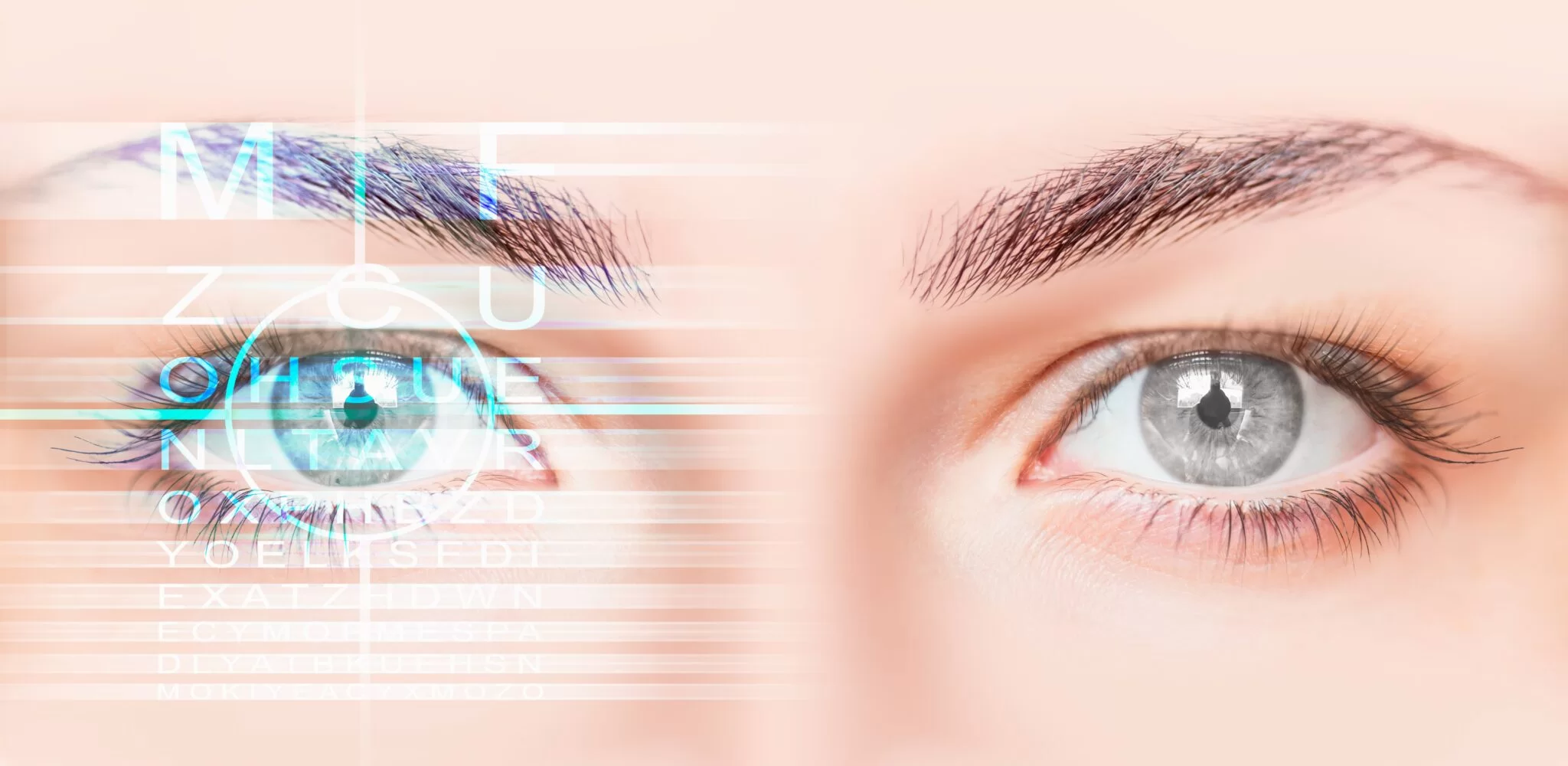QUICK APPOINTMENT FORM

What is Allergic Conjunctivitis?
Allergic conjunctivitis, also known as eye allergy, is a common eye disease that affects the white part of the eye (conjunctiva) and the membrane that covers the inside of the lids. It causes symptoms such as itching, redness, watering and burning in the eyes.
It is one of the most common triggers of seasonal allergies and can affect people of all ages. As a very common condition, it is usually more common in children and young people.

What are the Types of Allergic Conjunctivitis?
Allergic conjunctivitis is an eye inflammation caused by exposure of the eyes to allergens. Many different substances such as pollen, pet dander, dust mites and mould can cause allergic conjunctivitis.
The types of allergic conjunctivitis are as follows:
- Seasonal Allergic Conjunctivitis (Hay Fever) is the most common type of allergic conjunctivitis and usually occurs in spring and autumn when the pollen count is high. Exposure to pollen can cause itching, redness, watering and swelling of the eyes.
- Giant Papillary Conjunctivitis is usually seen in people who wear contact lenses. It occurs as a result of contact lenses irritating the inside of the eyelids. Symptoms include itching, redness and discomfort in the eyes.
- Atopic conjunctivitis occurs in people with other allergic diseases such as eczema or asthma. Symptoms include itching, redness, watering and swelling of the eyes.
- Acute conjunctivitis is caused by an infection caused by a virus such as adenovirus. Symptoms include itching, redness, watery eyes and yellow or green discharge.
What are the symptoms of allergic conjunctivitis?
If you are experiencing symptoms of allergic conjunctivitis , it is important to see an ophthalmologist. Your doctor will assess your symptoms and perform tests to diagnose allergic conjunctivitis. After diagnosis, your doctor will discuss treatment options with you, such as eye drops, antihistamines or oral medications. The most common symptoms of allergic conjunctivitis are.
- Itching in the eyes is the most common and annoying symptom of allergic conjunctivitis. Itching can be mild to severe and may increase throughout the day.
- The whites of the eyes and the inside of the lower eyelids may appear red and inflamed.
- The eyes may water excessively and watery discharge may occur.
- The eyelids may be slightly to moderately swollen.
- There may be a burning or stinging sensation in the eyes.
- Sensitivity to bright lights may increase.
- There may be burrs in the eyes, especially in the morning.
- In some people, allergic conjunctivitis may be accompanied by a runny nose and sneezing.
Less Common Symptoms of Allergic Conjunctivitis are
- Blurred vision
- Foreign body sensation in the eyes
- Itchy, red and swollen eyelids

What are the Treatment Methods for Allergic Conjunctivitis?
Allergic conjunctivitis can affect people of all ages, but is more common in children and young adults. Treatment of allergic conjunctivitis focuses on two main goals. Medications and other treatments can be used to relieve symptoms such as itching, redness and watering.
Long-term treatment options such as avoiding triggers and immunotherapy can be used to prevent allergic reactions and reduce future symptoms. Medicines used in the treatment of allergic conjunctivitis include the following.
- Antihistamine drops and ointments
- Mast cell stabilisers
- Corticosteroid drops and ointments
- Decongestant drops
Other methods used in the treatment of allergic conjunctivitis are as follows.
- Applying a cold compress on the eyes can help reduce itching and swelling.
- Rubbing your eyes can make the condition worse.
- Washing your hands frequently with soap and water can help prevent allergens from getting into your eyes.
- Keep your contact lenses clean and wear them as prescribed by your doctor.
- Avoid your allergens if possible. This can be difficult to do, but it can help reduce your symptoms.
Immunotherapy in the treatment of allergic conjunctivitis is a treatment that helps to gradually desensitise your immune system to allergens that cause allergic reactions. It is a long-term treatment option and can significantly reduce or eliminate the symptoms of allergic conjunctivitis.
How Much Does Allergic Conjunctivitis Treatment Cost?
Allergic conjunctivitis treatment price varies depending on the underlying cause and the operation to be performed. The treatment plan to be created by our specialist ophthalmologist depending on the detailed examination results may vary from person to person.
Please click here for appointment and price information.
The above information is for informational purposes. If you have any medical concerns or questions, please make an appointment with our ophthalmologists.




















